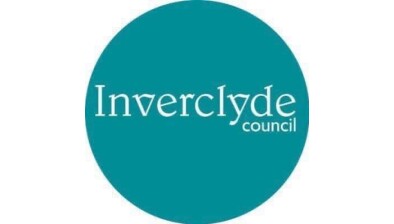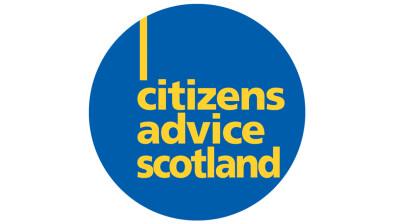‘Clearer leadership and focus’ needed to tackle digital exclusion

Audit Scotland and the Accounts Commission have called on all public bodies to deliver on their responsibilities to ensure everyone can access the services they need as more key services move online.
According to the watchdogs, one in six Scottish adults currently lack the digital skills needed for everyday life.
They said that public bodies must make better use of technology to deliver services. Done well it gives people greater flexibility whilst reducing costs to service providers. But some people are being left behind as more services move online and reliance on digital technology increases, causing unintended harms and further widening inequalities.
In a new report, the spending bodies said: “All public bodies have a responsibility – they need to do more to support people to use digital tools in a way that benefits them and make sure they can access the services they need. Failing to do so intensifies the impacts felt by already vulnerable people – due to poverty, age or because they have a disability. They need to consider the estimated 15% of adults who don’t have digital skills and those living in the 9% of homes without internet access.”
The Scottish Government had previously worked well with councils and the third sector to tackle digital exclusion, notably at the outbreak of the pandemic in 2020. Then £50 million was invested to provide access to devices, data and skills.
But since then, momentum has slowed, national leadership weakened, with less funding available, Audit Scotland said.
To help mitigate the harms caused by inequalities, the watchdog said by the end of 2024/25 the Scottish Government and COSLA need to develop a clear action plan, with clarity on leadership, roles and responsibilities. This must also include detail about the funding needed and available to deliver this plan.
Stephen Boyle, Auditor General for Scotland, said: “Digital technology is at the heart of public service reform. Increasing efficiency is vital to ensure services can be delivered cost-efficiently, at a time of ever-intensifying budget and service pressures.
“To achieve this, the Scottish Government must have clear actions to tackle and mitigate the impacts of digital exclusion. Failing to do so risks marginalising the most vulnerable people in our communities. Those who most depend on public services, must be at the forefront of the Government’s plans to reform how services are delivered.”
Nichola Brown, member of the Accounts Commission, said: “Councils across Scotland, working collaboratively with local public, private and third sector partners. must be clearer about how they will reduce digital exclusion in their local area.
“COSLA has a vital role in setting out clear commitments and actions to support councils to deliver on digital.”
Citizens Advice Scotland has welcomed the call for action across the public sector to address digital exclusion.
The report comes less than two weeks after CAS published data showing the level of digital exclusion among Scottish CAB clients had increased by nearly 60% in just two years.
CAS spokesperson Kyle Scott said: “CAS welcomes this report and we thank both Audit Scotland and the Accounts Commission for such detailed thinking in this important area. Having fed evidence from the Scottish CAB network into this audit, we are pleased to see the experience of our clients reflected throughout the report and its recommendations.
“The consequences of being digitally excluded vary. For one thing, it makes you unable to apply for jobs or benefits, and unable to access consumer services like price comparison or anti-scam websites. It also excludes you from staying connected and in touch with loved ones, so it can have a big impact on people’s mental health and loneliness. Those affected include older or disabled people and those on low incomes, many of whom face complex and vulnerable circumstances.
“We look forward to working with the Scottish Government and local authorities to realise a proper joined-up strategy to help people who can’t use the internet. This report today looks like a very good start, setting out a vision of governments, councils and other public agencies taking positive steps to help digitally excluded people. We certainly pledge to play our part in making that vision a reality.
“The Citizens Advice network in Scotland routinely supports digitally excluded clients throughout Scotland and will do our utmost to ensure people can access essential services.”







